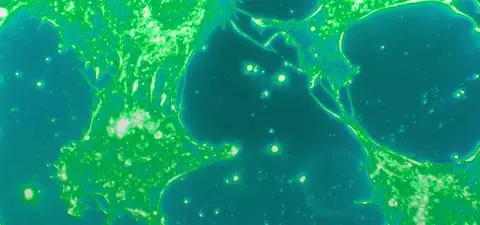Speaker
,Author
Nick Lane
“One begins to wonder if all the most interesting problems in physics are now in biology.”
Nick Lane is Professor of Evolutionary Biochemistry in the Department of Genetics, Evolution and Environment at University College London. His research focuses on the way that energy flow has shaped evolution over 4 billion years, using a mixture of theoretical and experimental work to address the origin of life, the evolution of complex cells and downright peculiar behaviour such as sex. He was a founding member of the UCL Consortium for Mitochondrial Research, and is Co-Director of the UCL Centre for Life’s Origin and Evolution (CLOE). He is the author of four acclaimed books on evolutionary biochemistry, which have sold more than 150,000 copies worldwide.
“He is an original researcher and thinker and a passionate and stylish populariser. His theories are ingenious, breathtaking in scope, and challenging in every sense… what Lane is proposing, if correct, will be as important as the Copernican revolution.” – The Guardian
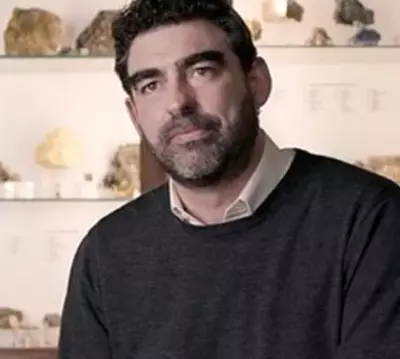
“One begins to wonder if all the most interesting problems in physics are now in biology.”
Nick Lane is Professor of Evolutionary Biochemistry in the Department of Genetics, Evolution and Environment at University College London. His research focuses on the way that energy flow has shaped evolution over 4 billion years, using a mixture of theoretical and experimental work to address the origin of life, the evolution of complex cells and downright peculiar behaviour such as sex. He was a founding member of the UCL Consortium for Mitochondrial Research, and is Co-Director of the UCL Centre for Life’s Origin and Evolution (CLOE). He is the author of four acclaimed books on evolutionary biochemistry, which have sold more than 150,000 copies worldwide.
“He is an original researcher and thinker and a passionate and stylish populariser. His theories are ingenious, breathtaking in scope, and challenging in every sense… what Lane is proposing, if correct, will be as important as the Copernican revolution.” – The Guardian
Nick Lane Videos
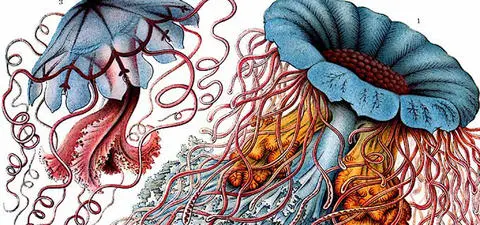
The Mystery of Life
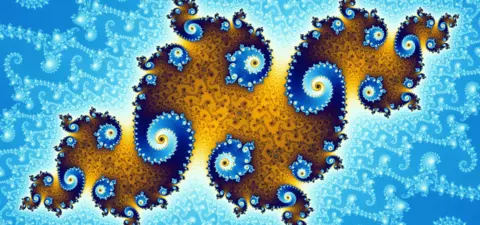
A world of order and chaos
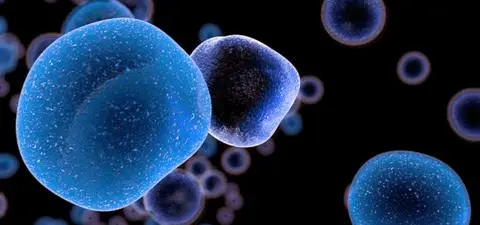
Life as we know it
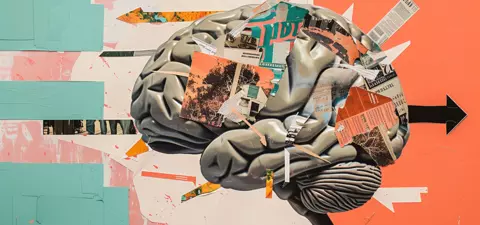
The consciousness test
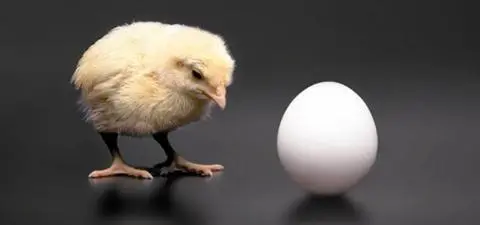
Chicken or egg
Nick Lane Articles
More Videos
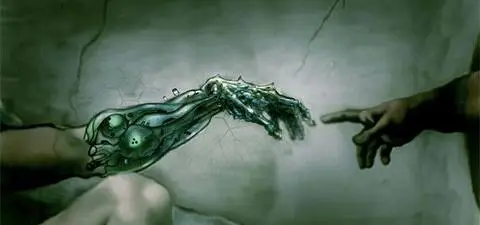
Brave New Horizon
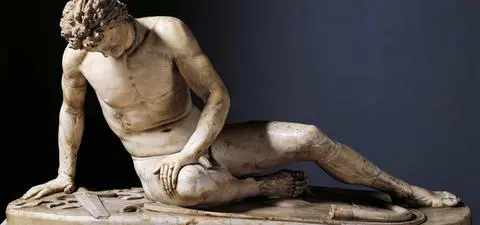
The immortal now
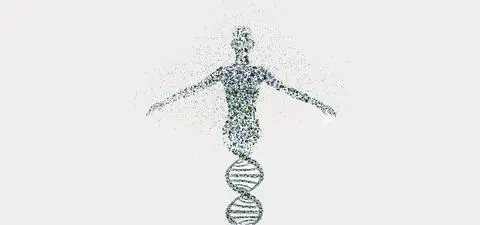
Emperor's New Genes
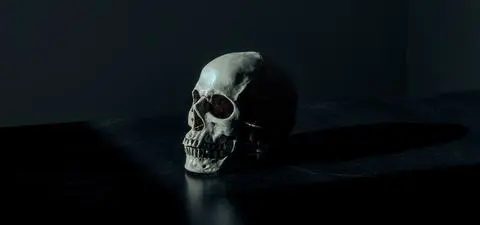
What happens to our bodies when we die?

The Evolution of Desire
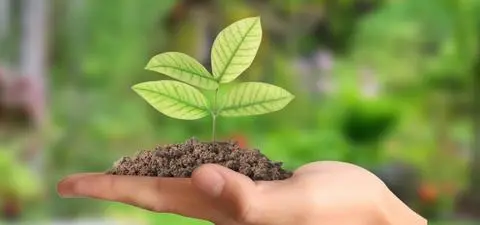
Defeating Aging
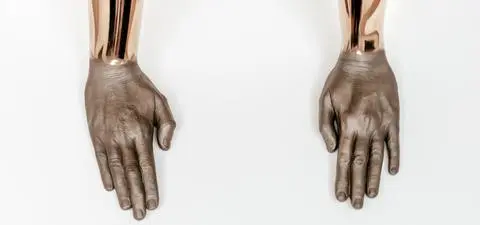
The New Bodies

Orgasmatron
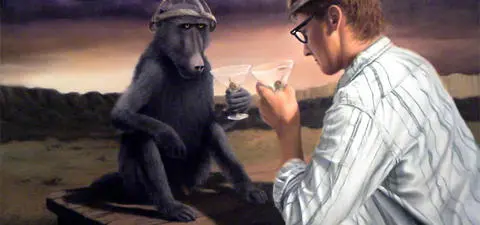
After Darwin
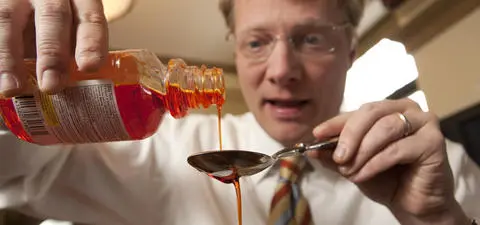
Are Doctors Bad For Us?
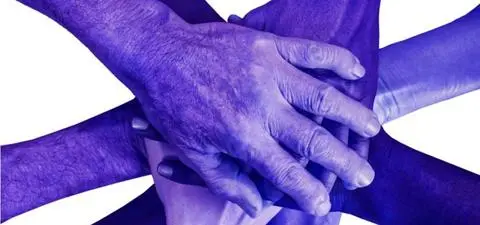
The Illusion of Race

After Evolution
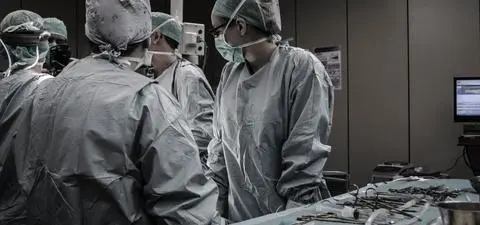
Doctors in the Age of Google
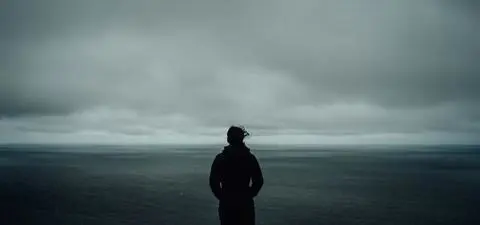
The Evolution of Suicide
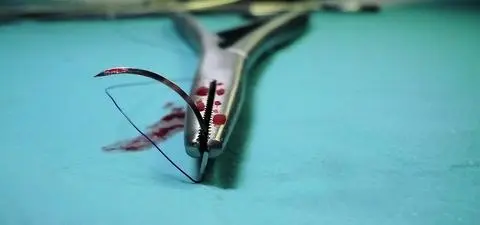
Doctors and the Danger Industry

Life On The Edge
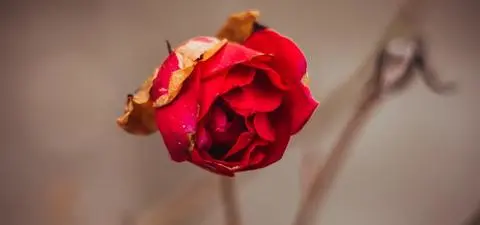
Overcoming death
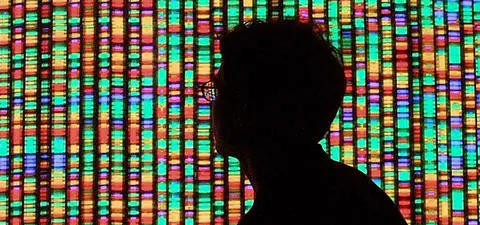
Why We Are Who We Are
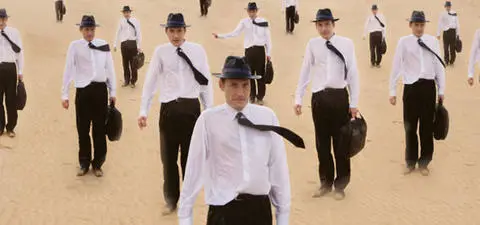
Planet of the Clones

The Uniqueness of Humanity
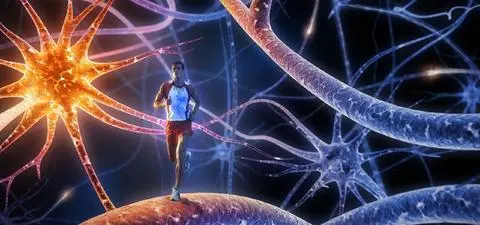
Genes, Cells, and Brains
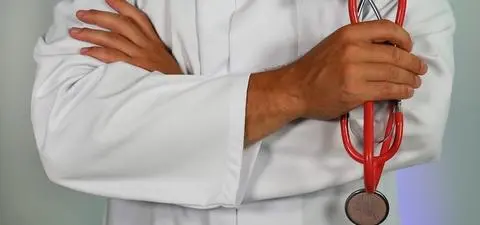
A Paradigm of Health
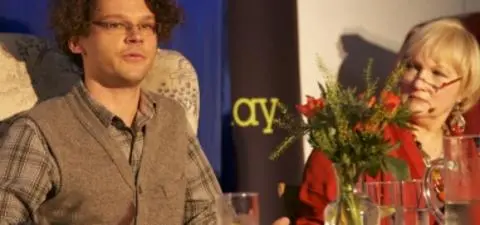
The Naked Truth
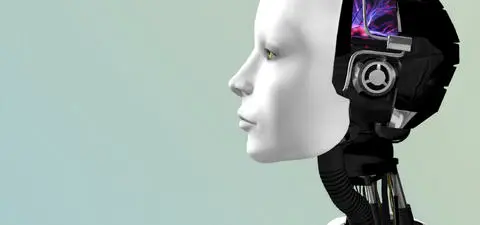
Cyborg Future
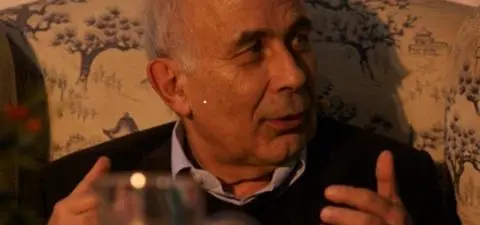
Inside the Mind’s Eye
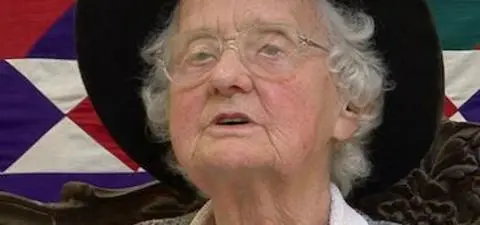
The Solitary Self - Darwin and the Selfish Gene
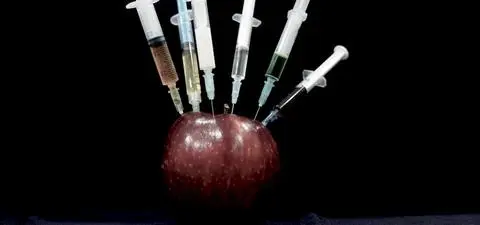
Your Life in the Balance
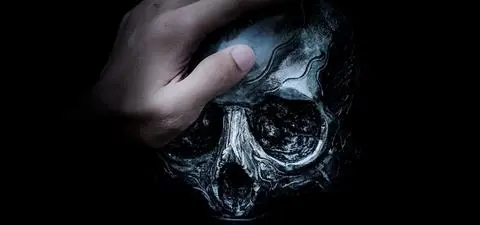
Documenting Death

Docs in the Dock

Are Hospitals Bad For Us?
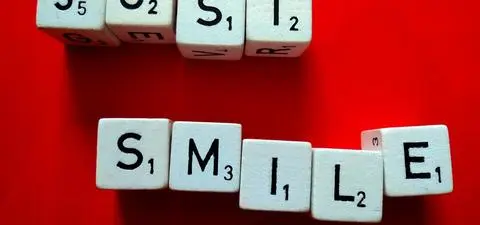
Why Genes Are Not Selfish and People Are Nice
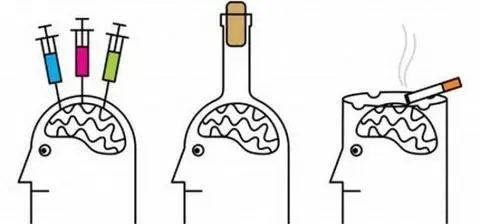
Morality, Hypocrisy and Health
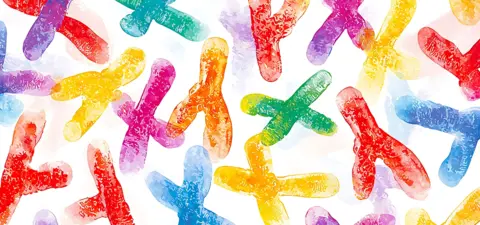
Sex, science, and stereotypes
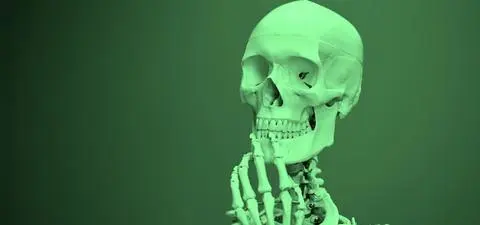
How Science Tells Us Who We Are
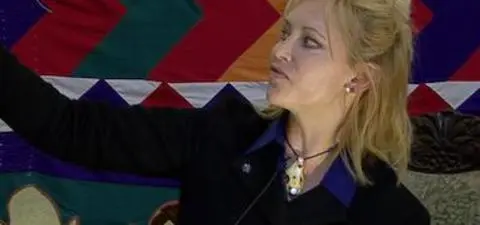
Designing Life

How to Live Forever
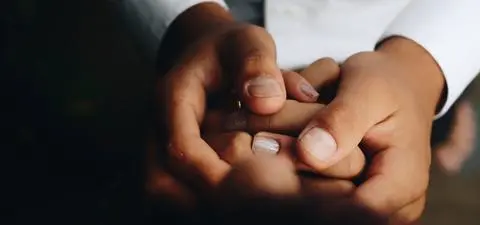
Medicine's Mistakes
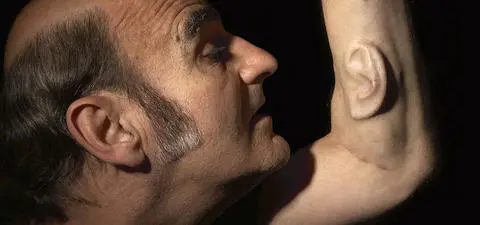
Meat, Metal, Code
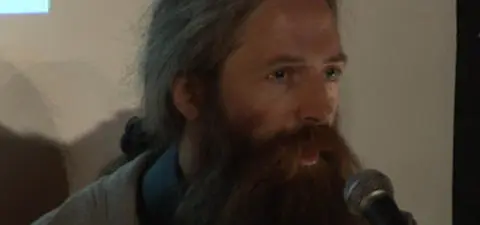
Human and Superhuman
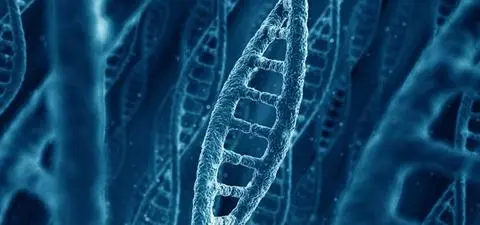
Should We Change Our Genes?

The Mystery of Life
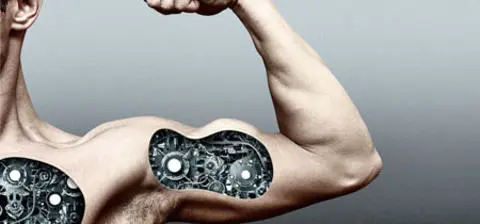
Stem Cells and the Future of Medicine

Trust Me, I'm Google
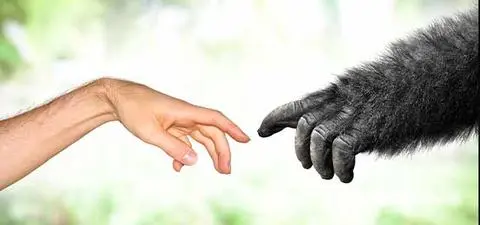
After Darwin

Gene Editing in the Wild
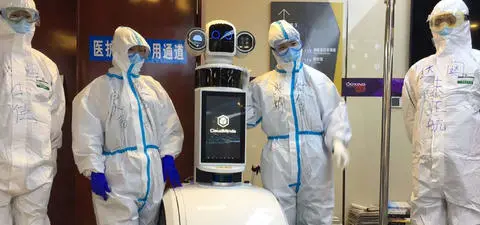
What's wrong with us?
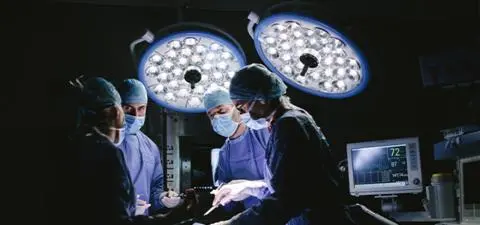
The cause of death
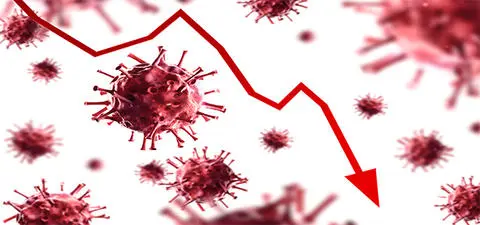
The Uncanny Valley

Risk, Evidence and Lockdown

Science to the Rescue
More Articles
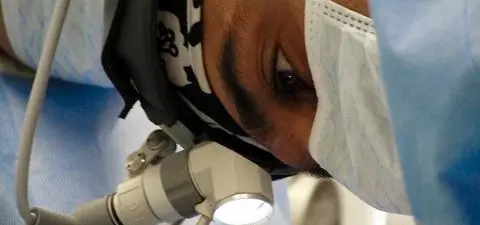
Suspended Ethics?
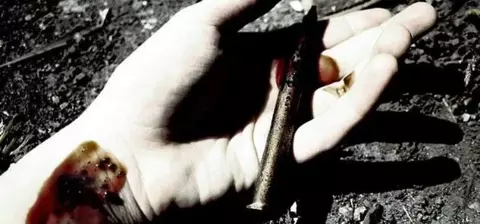
The Persecution of Heretics
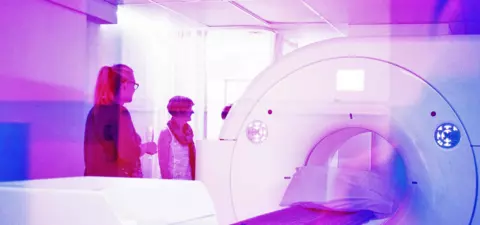
A.I. and the Medicine of the Future

How Illness Transforms Philosophy
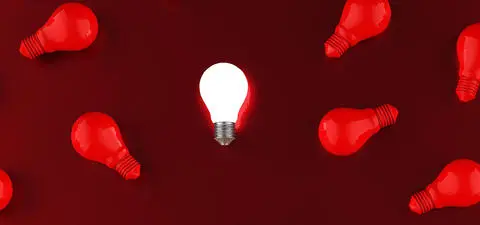
You are not an exception

An Enemy of The Open Society
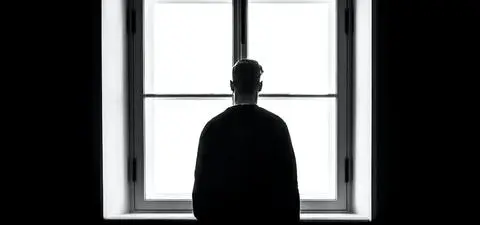
How modern medicine became dangerous

A new paradigm to understand pain

We risk turning life into an illness

The post-antibiotic apocalypse is here
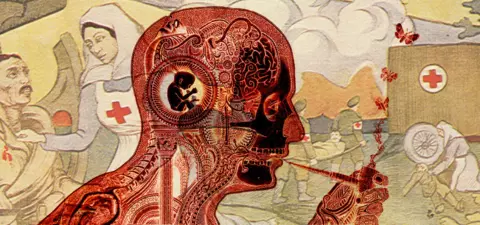
The mind-body problem is ruining our health
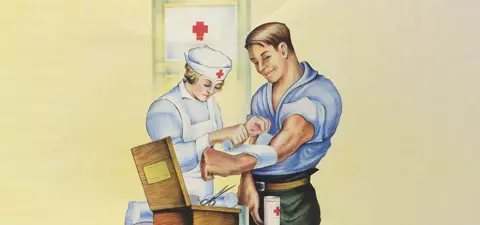
Breaking the silence on illness
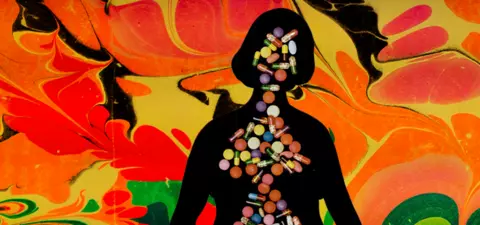
The risks of erasing our desire with Ozempic

Medical trials are not the whole truth

New theory of placebos reframes mind-body problem

Pain destroys the mind-body problem
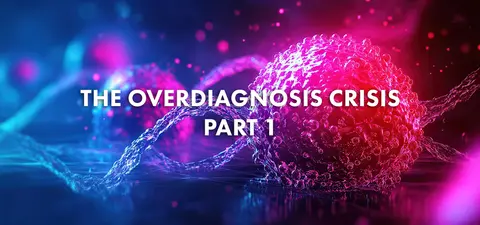
We are overcounting cancer cases by vast amounts
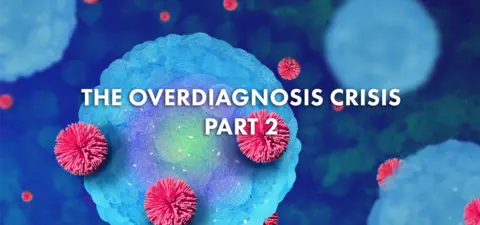
Cancer screening harms more people than it saves
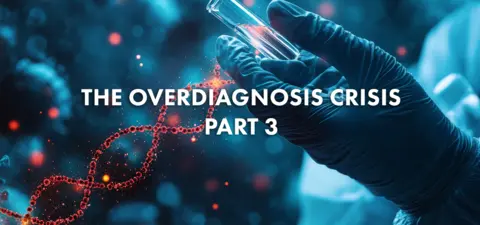
False positives, real profits: the dark side of cancer screening
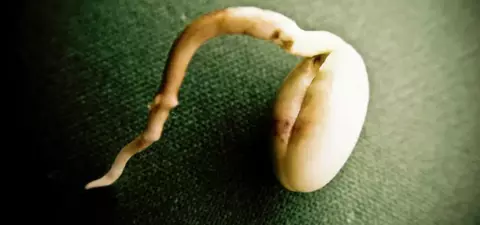
The Uniqueness of Humanity
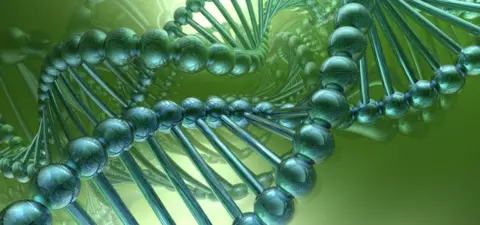
DIY DNA
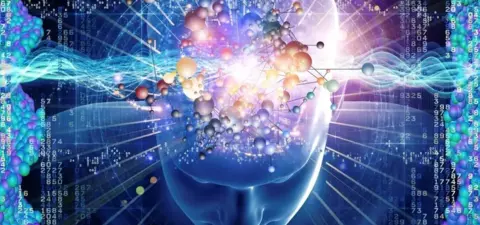
Entering the Soul Niche

A New Science of Life
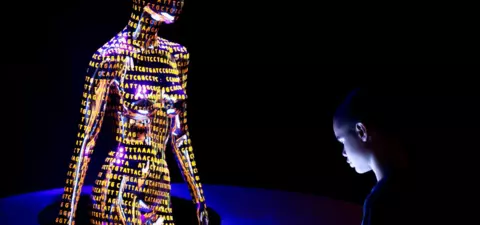
The Emperor's New Genes
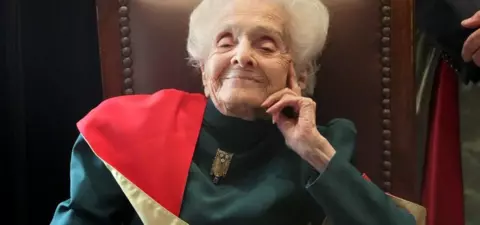
Rita Levi Montalcini: the Nobel Prize-winning scientist with a lab in her bedroom
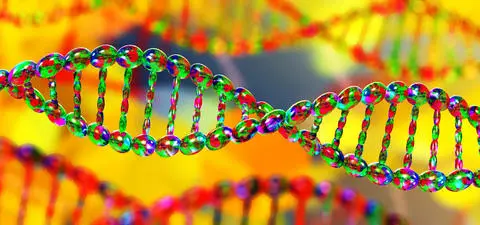
Parenting myths and the DNA revolution
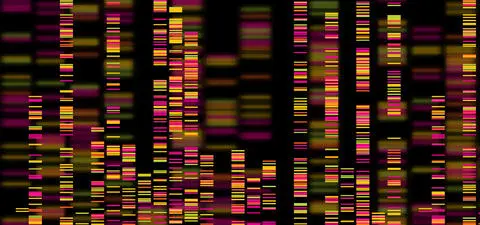
CRISPR's Brave New World
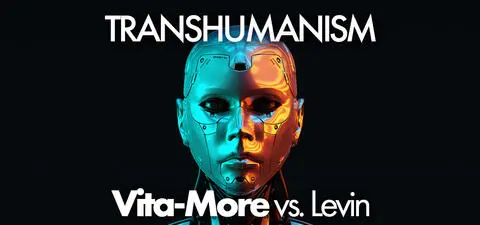
The ethical transhumanist
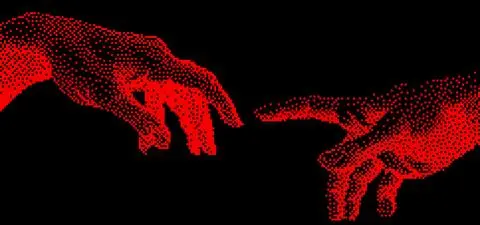
The rise of God-like beings

Science is based in metaphor

